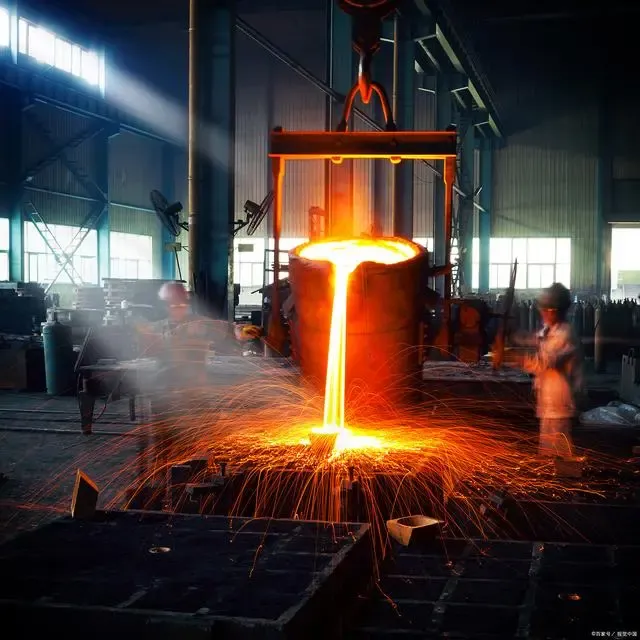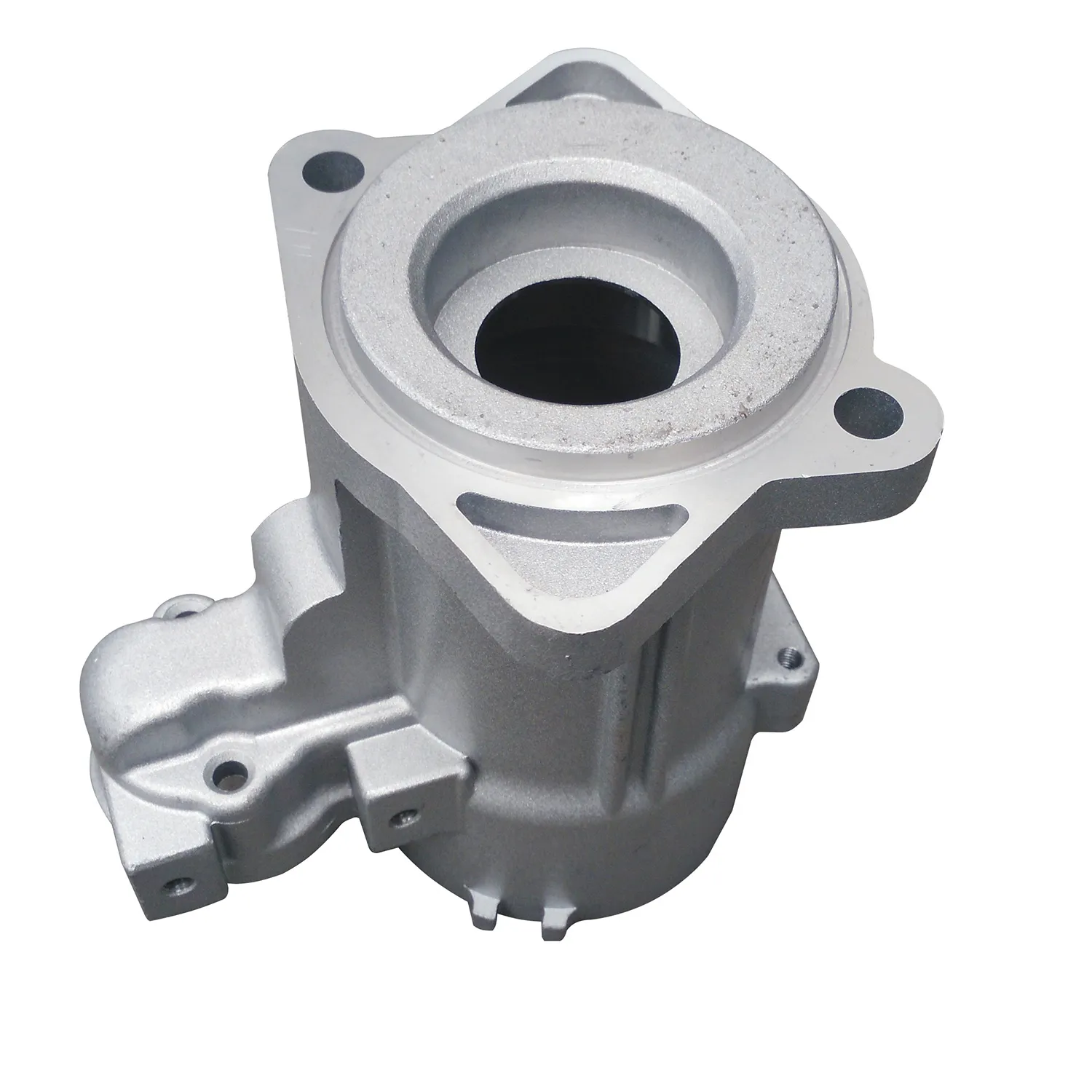Mobile:+86-311-808-126-83
Email:info@ydcastings.com
The Path to innovation in the foundry industry: Technological development and future trends
In the context of global economic integration, the foundry industry as the basis of manufacturing, its development and innovation has been widely concerned. In recent years, with the progress of science and technology and the improvement of environmental protection requirements, the foundry industry is experiencing unprecedented changes.

Casting, as a time-honored manufacturing process, involves pouring molten metal into a pre-made mold, cooling and curing to obtain a part or product in the desired shape. This process plays a key role in many fields such as automotive, aviation, and machinery. However, the traditional casting method is often accompanied by high energy consumption, high pollution and low efficiency. Therefore, the foundry industry is actively seeking technological innovations to achieve greener, more efficient and intelligent production.
Technological innovation is the core driving force to promote the development of the foundry industry. For example, the introduction of digital technology makes the casting process more precise and controllable. Through computer-aided design (CAD) and computer-aided manufacturing (CAM), designers can complete mold design on the computer and reduce the production of physical models, thereby reducing cost and time. In addition, the application of 3D printing technology is also emerging in the casting industry, which can quickly manufacture complex molds and greatly shorten the product development cycle.

The improvement of environmental protection requirements has also prompted the foundry industry to constantly explore new production processes. The traditional sand casting process will produce a lot of dust and harmful gases, which pose a threat to the environment and workers' health. To this end, many companies have begun to adopt more environmentally friendly sand-free casting technologies, such as precision casting, pressure casting, etc., which not only reduce environmental pollution, but also improve the precision and quality of castings.
Intelligent manufacturing is an important development direction of the foundry industry in the future. By integrating sensors, big data analytics and artificial intelligence technologies, casting equipment can achieve self-diagnosis, predictive maintenance and automated control. This not only improves production efficiency, but also reduces labor intensity and production costs. The implementation of intelligent manufacturing has made foundry plants more flexible and adaptable, able to respond quickly to market changes and customer needs.
In the face of global competition and economic fluctuations, enterprises in the foundry industry are also actively adjusting their strategies and seeking opportunities in the international market. By participating in international exhibitions, establishing overseas sales networks and partnerships, foundry companies not only expand their market share, but also absorb international advanced technology and management experience, and promote their own technological progress and industrial upgrading.
In short, the future development of the foundry industry cannot be separated from technological innovation and environmentally friendly production methods. With the continuous development of the global economy and the rapid development of technology, the foundry industry is expected to achieve higher quality, higher efficiency and more sustainable development. For the global manufacturing industry, the progress and innovation of the foundry industry will have a profound impact on the entire industry chain.
-
What Makes Stainless Steel Pump Casting Essential for Modern Industries?NewsJul.14,2025
-
Revolutionize Your Engine Maintenance with Premium Aluminum and Cast Iron ComponentsNewsJul.14,2025
-
Precision Flow Engineering Starts with the Right Pump ComponentsNewsJul.14,2025
-
Maximize Efficiency: Explore Reliable Containment and Crop SolutionsNewsJul.14,2025
-
Discover Superior Performance with Advanced Turbo ComponentsNewsJul.14,2025
-
Boost Fluid Dynamics with Precision-Engineered Pump ComponentsNewsJul.14,2025











